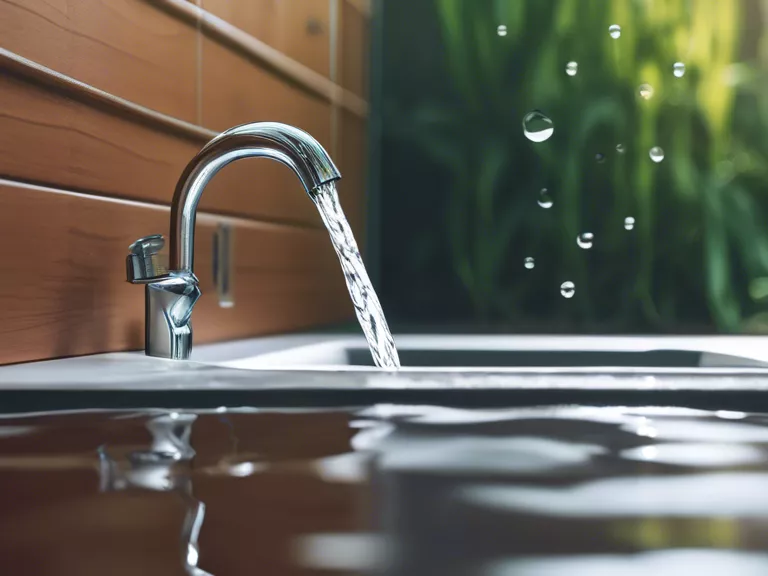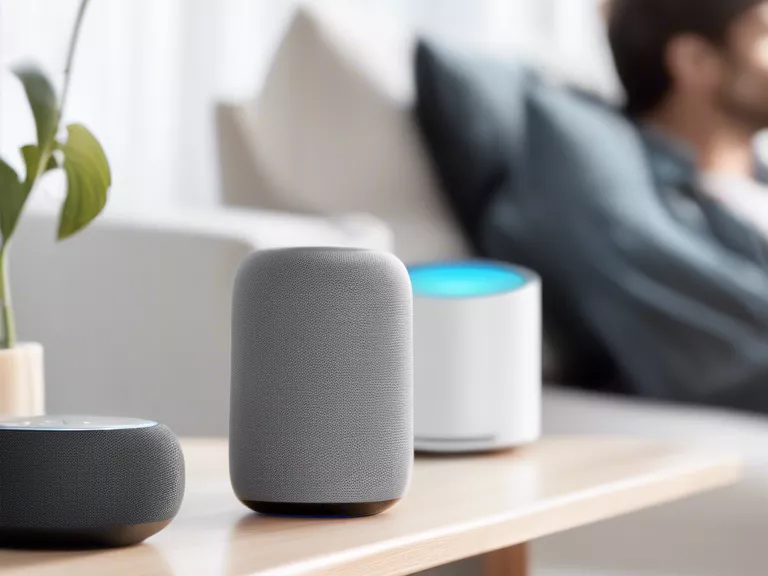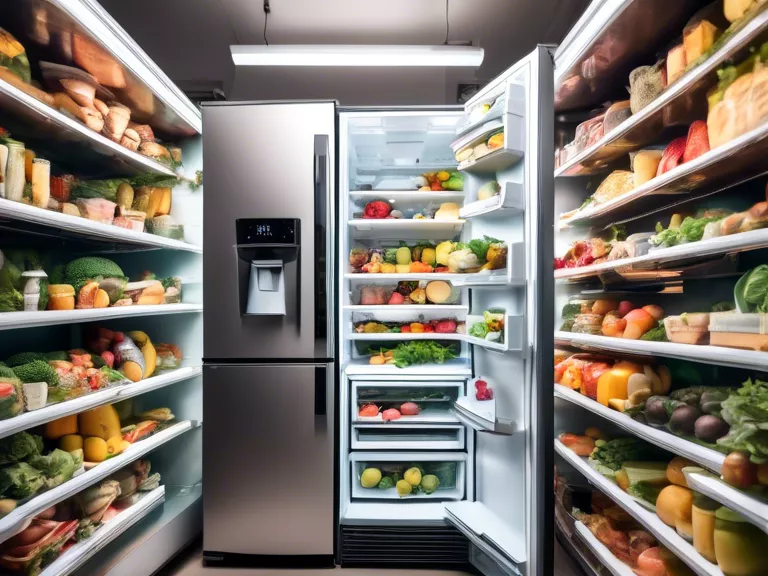
The Impact of Smart Sensors on Home Water Conservation and Leak Detection
With the rise of smart technology, more and more homeowners are turning to smart sensors to help monitor and conserve their home's water usage. These devices are not only convenient, but they also play a significant role in helping to prevent water waste and detect leaks early on.
One of the key benefits of smart sensors is their ability to provide real-time data on water consumption. By tracking usage patterns and identifying areas of high consumption, homeowners can make more informed decisions about their water usage habits. For example, a smart sensor can alert a homeowner when their water usage exceeds normal levels, prompting them to investigate the cause and make adjustments as needed.
In addition to monitoring water usage, smart sensors can also detect leaks quickly and accurately. Whether it's a small drip from a faucet or a burst pipe, these sensors can detect the issue early on and alert the homeowner before it escalates into a larger problem. This not only helps to prevent water damage and costly repairs but also promotes water conservation by reducing unnecessary water waste.
Furthermore, smart sensors can be integrated with home automation systems to help optimize water usage. For example, they can be programmed to adjust irrigation schedules based on weather conditions or alert homeowners to water leaks when they are away from home. This level of control and automation helps to make water conservation effortless and effective.
Overall, the impact of smart sensors on home water conservation and leak detection is significant. These devices not only provide valuable data and insights into water usage but also help to prevent water waste and damage. With the increasing awareness of environmental sustainability, smart sensors are becoming an essential tool for homeowners looking to reduce their water consumption and protect their home from water-related issues.



